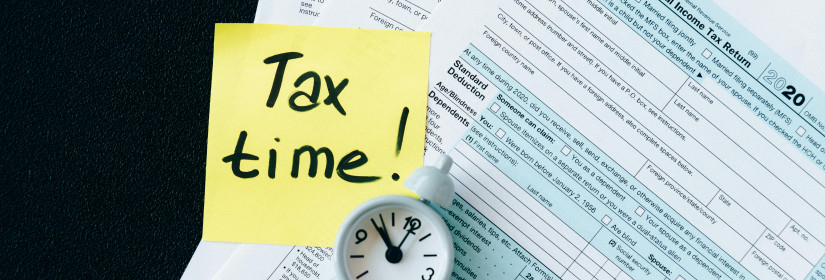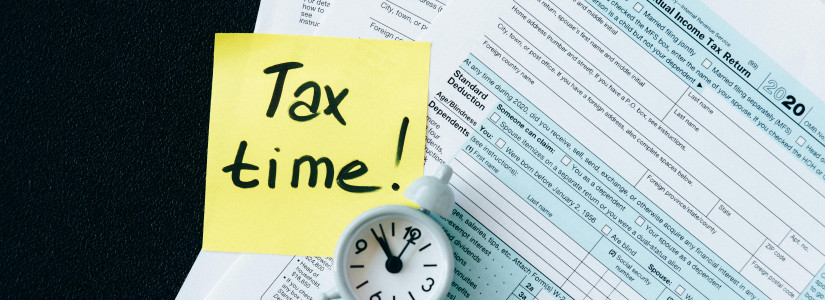Introduction to Tax-Efficient Investing

Tax-efficient investing is the practice of selecting investments and managing portfolios in ways that minimize tax liability. The goal is to maximize after-tax returns, not just the gross returns on your investments.
Employing tax-efficient strategies for retirement accounts is crucial. It ensures that your savings grow with reduced tax drag, potentially increasing the longevity of your retirement funds and realizing more income in retirement.
Tax-Efficient Investments:
Tax-Efficient Retirement Accounts:
Explanation of Asset Location
Asset location is the strategy of placing investments in the most tax-advantaged account types to enhance after-tax returns. It involves coordinating your portfolio across taxable and tax-advantaged accounts.
Strategies for Minimizing Taxes Through Asset Placement
Other Considerations for Tax-Efficient Investing: Navigating the Path Ahead.
Your Journey to Tax-Efficient Investing.
Embracing tax-efficient investing can have a significant impact on the growth and sustainability of your investments, especially within the realm of retirement planning. Seeking the advice of a tax professional or financial planner is not just a suggestion, it's a smart move to ensure the best individualized strategies for your investment goals and tax circumstances.
Importance of Tax-Efficient Strategies for Retirement Accounts
Employing tax-efficient strategies for retirement accounts is crucial. It ensures that your savings grow with reduced tax drag, potentially increasing the longevity of your retirement funds and realizing more income in retirement.
Tax-Efficient Investment Strategies
Tax-Efficient Investments:
- Municipal Bonds and Bond Funds: These investments typically offer tax-free interest income at the federal level, and sometimes state and local levels.
- Treasury Securities: Interest from U.S. Treasury securities is exempt from state and local taxes.
- Funds Designed to Minimize Taxes: Certain mutual funds and ETFs are structured to minimize taxable distributions.
- Stocks or Mutual Funds with Qualified Dividends: These often benefit from lower tax rates on dividends.
- I Bonds: Savings bonds that offer tax-deferred growth and tax-free income if used for education purposes.
- Index Funds and ETFs: These generally have lower turnover rates, which can minimize taxable capital gains distributions.
Tax-Efficient Retirement Accounts:
- Traditional IRAs, 401(k)s, and 403(b)s: Allow you to defer taxes until withdrawals begin, typically in retirement when you may be in a lower tax bracket.
- Roth IRAs and Roth 401(k)s: Contributions are after-tax, but withdrawals are tax-free in retirement, under certain conditions.
- Health Savings Accounts (HSAs): Contributions are tax-deductible, growth is tax-free, and withdrawals for qualified medical expenses are also tax-free.
- 529 Plans: Offer tax-free growth and withdrawals for qualified education expenses.
Tax-Efficient Asset Location
Explanation of Asset Location
Asset location is the strategy of placing investments in the most tax-advantaged account types to enhance after-tax returns. It involves coordinating your portfolio across taxable and tax-advantaged accounts.
Strategies for Minimizing Taxes Through Asset Placement
- Taxable Accounts: Suited for investments that generate long-term capital gains or qualified dividends, which are taxed at lower rates.
- Tax-Advantaged Accounts: Ideal for investments yielding higher ordinary income or frequent trades, such as actively managed funds, to minimize annual tax liability.
Other Considerations for Tax-Efficient Investing: Navigating the Path Ahead.
- Rebalancing the Portfolio: Regular rebalancing is necessary to maintain your target asset allocation, but always consider the tax implications of selling investments in your taxable accounts.
- Active Trading and Tax Implications: Active trading can generate short-term capital gains, which are taxed at a higher rate. Tax-efficient investing involves minimizing these trades when possible.
- Estate Planning and Philanthropic Intent: Crafting an estate plan with charitable giving can benefit both the donor and the recipient, and may provide tax advantages for the estate.
Your Journey to Tax-Efficient Investing.
Embracing tax-efficient investing can have a significant impact on the growth and sustainability of your investments, especially within the realm of retirement planning. Seeking the advice of a tax professional or financial planner is not just a suggestion, it's a smart move to ensure the best individualized strategies for your investment goals and tax circumstances.











